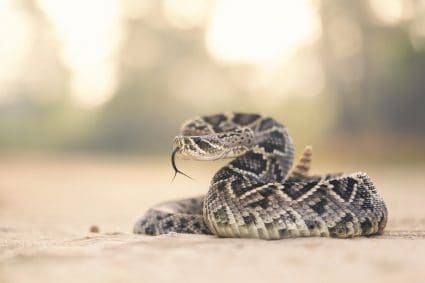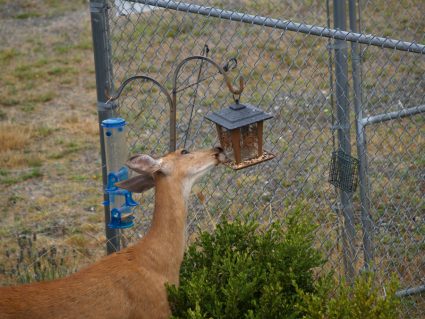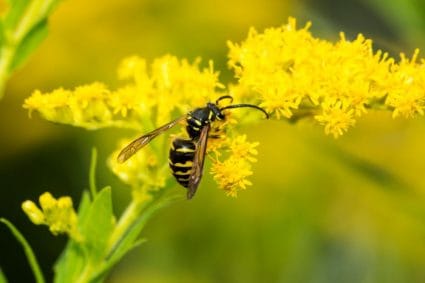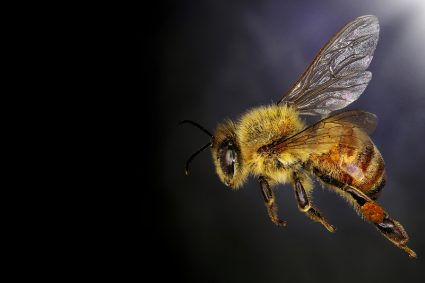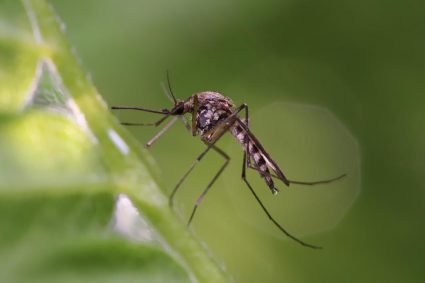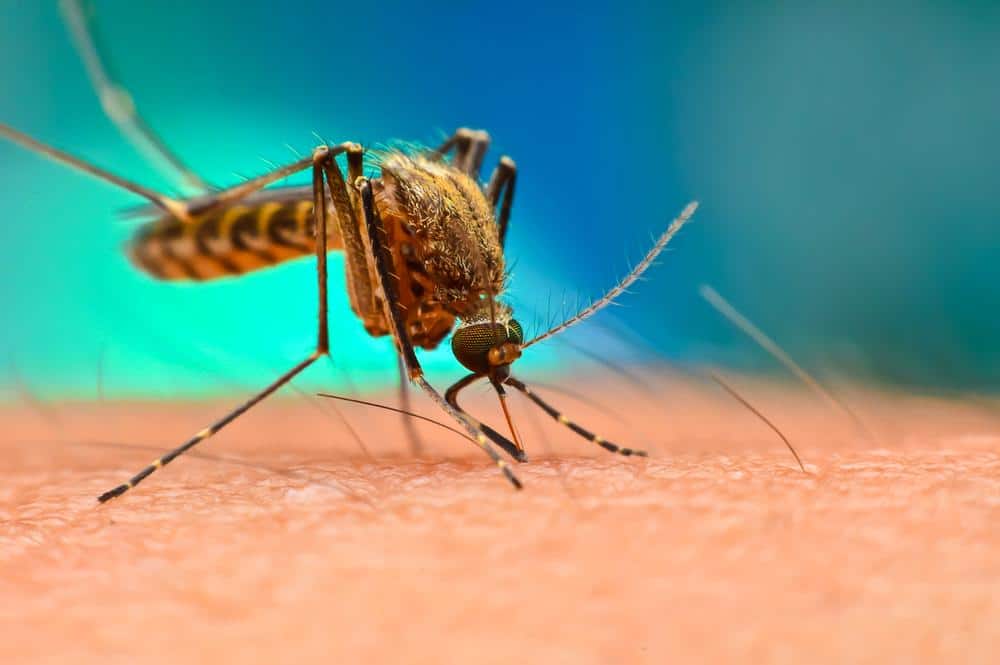
Mosquito bites are a common occurrence, especially during the warmer seasons. While most people experience a mild reaction, some individuals may develop mosquito bite blisters due to a severe reaction to the mosquito’s saliva. But what does a mosquito bite blister look like? How can you differentiate it from other insect bites? Let’s delve into these questions and more.
A mosquito bite blister appears as a small, fluid-filled blister on the skin, usually forming on top of a reddish or pink bump that arises shortly after the bite. The blister may be surrounded by a larger area of swelling, redness, and itchiness. The appearance of mosquito bite blisters can vary depending on the individual’s reaction and skin tone. Not everyone will develop blisters from mosquito bites, as reactions can range from mild to severe.
Characteristics of a Mosquito Bite Blister
A mosquito bite blister typically appears as a small, fluid-filled blister on the skin, which forms as a result of a more severe reaction to the mosquito’s saliva. These blisters can develop on top of a reddish or pink bump that arises a few minutes after being bitten. In some cases, the blister may be surrounded by a larger area of swelling, redness, and itchiness.
The appearance of mosquito bite blisters can vary depending on the individual’s reaction and skin tone. On darker skin tones, bites can appear dark red or brown and may be slightly raised. It is important to note that not everyone will develop blisters from mosquito bites, as the reaction can range from mild to severe.
How Do Mosquito Bite Blisters Differ from Other Insect Bites?
Mosquito bites typically cause puffy, red or pink bumps that appear a few minutes after being bitten. However, other insect bites can cause different types of reactions. For example, bedbug bites leave a small, red, itchy bite mark on the skin, while bee stings cause a red skin bump with white around it. Flea bites leave an itchy welt on the skin, often on the ankles and legs, and spider bites can cause minor symptoms like red skin, swelling, and pain at the site or very serious symptoms that need emergency care.
Stages of a Mosquito Bite Blister
A mosquito bite blister goes through several stages:
- Initial bite and saliva injection: When a mosquito bites you, it pierces the skin using a special mouthpart (proboscis) to suck up blood. As the mosquito is feeding, it injects saliva into your skin.
- Mild reaction: Your body reacts to the mosquito’s saliva, resulting in a bump and itching. A puffy and reddish bump usually appears a few minutes after the bite.
- Hard bump or blister formation: A day or so after the bite, a hard, itchy, reddish-brown bump or multiple bumps may appear. In some cases, small fluid-filled blisters form instead of hard bumps.
- Severe reaction: Some people may experience more severe reactions. These reactions can include a large area of swelling and redness, low-grade fever, hives, and swollen lymph nodes.
- Healing: Mosquito bite blisters usually heal on their own within a few days. However, scratching the bites can lead to infection.
Complications Associated with Mosquito Bite Blisters
Mosquito bite blisters can lead to several complications, including infection, severe reactions, and disease transmission. It is essential to avoid scratching mosquito bites, as this can increase the risk of infection. If you develop blisters after being bitten, do not burst them, as this can also lead to infection. Instead, protect the blistered area with an adhesive bandage. If you notice any signs of infection, such as pus, tenderness, swollen glands, or flu-like symptoms, consult a healthcare professional.
Preventative Measures to Avoid Mosquito Bite Blisters
To prevent mosquito bite blisters, it’s essential to take measures to avoid mosquito bites in the first place. Use insect repellent, wear protective clothing, and avoid peak mosquito hours. Install screens on windows and doors, use mosquito nets, and remove standing water around your home.
When to Seek Medical Attention
Seek medical attention if you experience difficulty breathing, swelling of the lips or eyes, dizziness, or if the blister becomes infected, fills with pus, feels tender to touch, or is accompanied by swollen glands and flu-like symptoms.
In conclusion, mosquito bite blisters can be uncomfortable and potentially lead to complications. However, by understanding what they look like and how to prevent and treat them, you can ensure that you’re well-prepared to handle them.
Frequently Asked Questions
What is the best type of insect repellent to prevent mosquito bites?
DEET, Picaridin, and Oil of Lemon Eucalyptus are the most effective ingredients in insect repellents to prevent mosquito bites. These ingredients are found in many commercially available repellents. However, the best repellent depends on the individual’s skin sensitivity and personal preference.
Can mosquito bite blisters leave scars?
Yes, mosquito bite blisters can leave scars, especially if they are scratched or picked at. It’s best to avoid scratching and to apply a topical cream or ointment to reduce itching and promote healing.
How long does it take for a mosquito bite blister to heal?
A mosquito bite blister typically heals on its own within a few days to a week. However, if the blister is scratched or becomes infected, it may take longer to heal.
Are there any home remedies to alleviate the itchiness of a mosquito bite blister?
Yes, there are several home remedies that can help alleviate the itchiness of a mosquito bite blister. These include applying a cold compress, aloe vera, honey, or over-the-counter anti-itch creams.
Are mosquito bite blisters contagious?
No, mosquito bite blisters are not contagious. They are a reaction to the mosquito’s saliva and cannot be spread from person to person.



